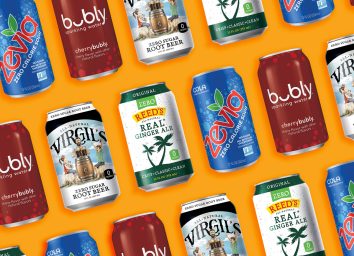8 Ways Drinking Soda May Increase Your Cancer Risk
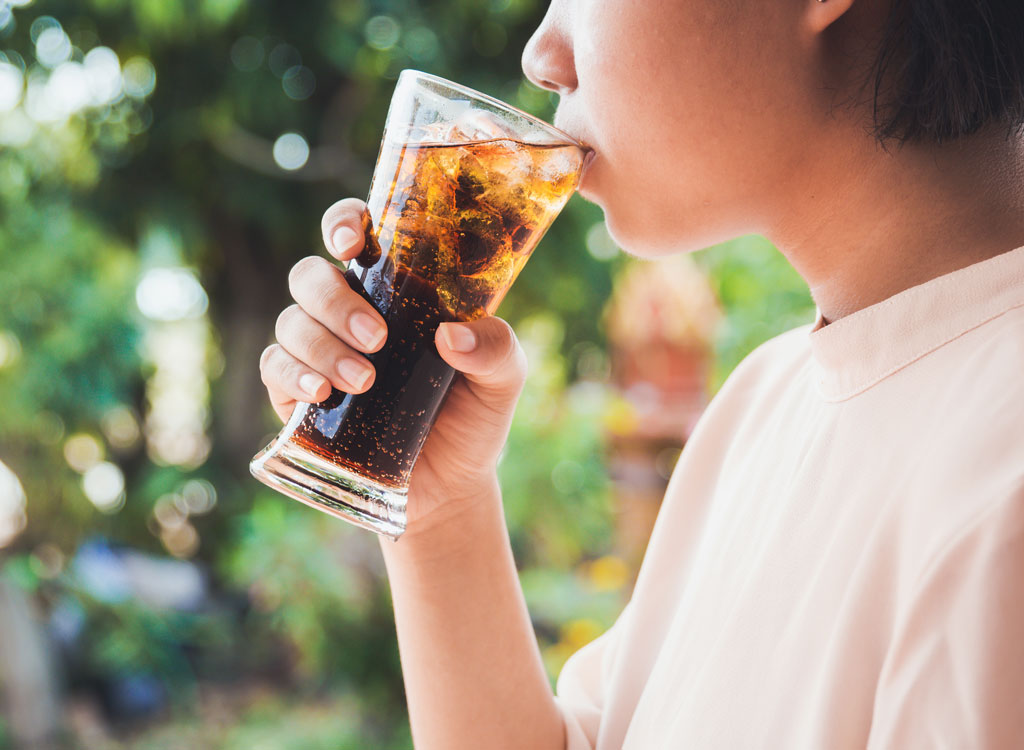
It's no secret that soda isn't the healthiest beverage option. After all, it contains zero nutritional value—and excess amounts of sugar. But is the soft drink so unhealthy that soda causes cancer?
Research suggests that soda consumption may increase your risk of cancer. (We'll get into that shortly.) However, Rebecca Hirsch, MS, CDN, oncology dietitian at the Perlmutter Cancer Center at NYU Langone Health, emphasizes that the studies merely show an association between cancer risk and soda consumption—not cause-and-effect. In other words, there's no clear evidence to prove that drinking soda causes cancer. As Hirsch notes, people who regularly drink soda are more likely to be overweight and make poor food choices, which carry health risks as well. "More research needs to be done," she says. Until researchers can find out more, let's take a closer look at the studies which have already found a connection between soda and cancer.
8 Ways Soda Has Been Linked to Cancer
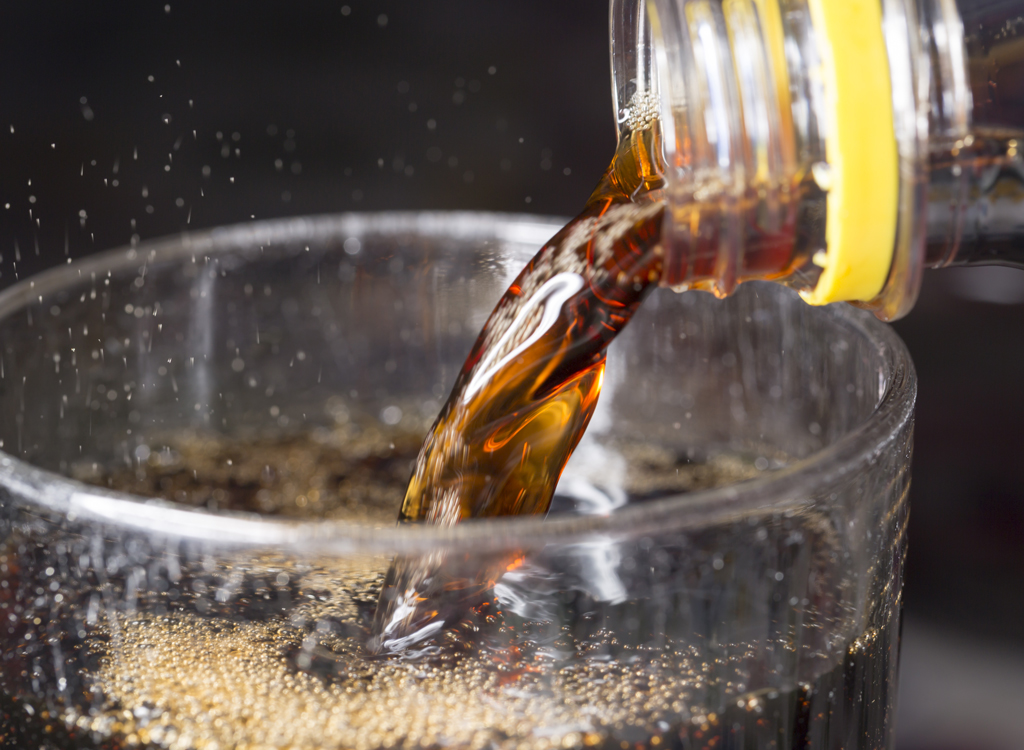
1. Drinking More Soda Increases Risk of Obesity-Related Cancers
Over the course of eight years, researchers from the University of Melbourne and Cancer Council Victoria collected data on the soft drink habits and incidence of obesity-related cancers for more than 35,000 adults. They found that people who drank sugar-sweetened soda were at greater risk of developing obesity-related cancers than those who didn't — no matter their body size. People who drank artificially-sweetened soft drinks weren't found to be at risk, though researchers still say to be cautious.
2. Caramel-Colored Sodas Carry Increased Risk of Cancer
Turns out the caramel color that's so characteristic of colas and other dark soft drinks could be carrying a potential human carcinogen known as 4-methylimidazole (4-MEI). 4-MEI is formed during the manufacture of the food coloring, which also happens to be one of the most widely-used food colors in the world. After testing the 4-MEI concentrations in 110 soft drinks from California and New York, food safety researchers found that several contained more than the amount found to pose a cancer risk (29 micrograms per day). The worst offenders? Pepsi and Malta GOYA.
Currently, the FDA believes there isn't enough of this chemical present in our foods to be concerned about, but several companies have already taken steps to reduce the amount of 4-MEI in their foods.
3. Soda May Increase Risk of Pancreatic Cancer
Researchers collected data on soda consumption, lifestyle habits, environmental factors and incidence of pancreatic cancer from more than 60,000 men and women, with up to 14 years of follow-up. After adjusting for potential confounding factors, researchers found that people who drank two or more sugar-sweetened sodas per week had a higher risk of developing pancreatic cancer than those who didn't.
4. Soda May Cause Greater Risk of Colon Cancer Recurrence and Mortality
For people who have been diagnosed with colon cancer or have already beaten it, consuming sugar-sweetened drinks could increase their risk of recurrence or even death, according to a study published in PLOS One. Researchers had over 1,000 stage III colon cancer patients fill out food frequency questionnaires to find out how many sugar-sweetened drinks they had per day, then tracked those patients to determine if there was an association between cancer recurrence and mortality and drinking sugary beverages. They found that those who reported drinking two or more sugar-sweetened beverages per week were at greater risk of recurrence and mortality than those who didn't, especially if they were overweight and inactive.
5. Drinking Soda Puts You At Greater Risk of Endometrial Cancer
Consuming sugary drinks may also increase your risk of endometrial cancer, according to a study in Cancer Epidemiology, Biomarkers & Prevention. More than 23,000 postmenopausal women were surveyed about their dietary habits, including consumption of sugar-sweetened drinks, and then researchers kept tabs on how many developed endometrial cancer. The finding: Women who reported consuming sugar-sweetened beverages were at a 47 percent greater risk of developing endometrial cancer than women who didn't.
6. Sugar Intake From Soda May Lead to Obesity and Increase Risk of Obesity-Related Cancers
Sugar-sweetened sodas are one of the major sources of added sugars in the average American diet. In fact, a single can of regular soda contains more than eight teaspoons of sugar, which is already more than the American Heart Association's daily added sugar limit of six teaspoons for women, and close to the limit of nine teaspoons for men. Excess sugar intake brings a variety of health risks, including obesity. Obesity itself has been linked to 13 different types of cancer, including breast, endometrial, brain and thyroid cancer, according to the Dana-Farber Cancer Institute.
7. High-Fructose Corn Syrup Found in Soda Plays a Role in Obesity
Another well-known sweetener commonly used in sodas is high-fructose corn syrup. Like sugar, consumption of high-fructose corn syrup has also been associated with obesity, which may, in turn, increase your risk of developing obesity-related cancers.
8. Sugar-Sweetened Sodas May Promote Cancer-Causing Inflammation
Sugar and high-fructose corn syrup have been shown to increase inflammation in ways that can lead to disease, and in some cases cancer. In a University of Texas study on mice, for example, subjects were fed sugar in amounts comparable to the Western diet. Over time, this led to the growth of breast tumors, which eventually spread to the lungs. Researchers attribute this effect, in part, to inflammation.
Soda Also Causes Health Problems Beyond Cancer
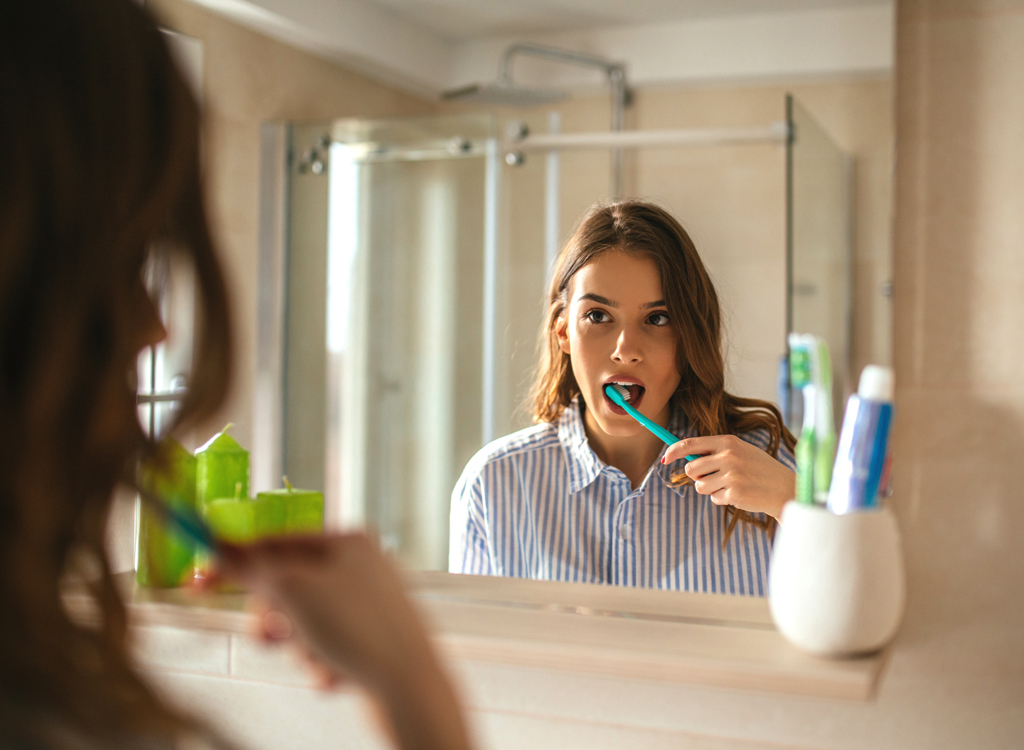
Even if these studies merely show a correlation between soda and cancer, other studies have found additional evidence that drinking soda negatively affects your health in other ways.
Soda as a Source of Sugar
Too much sugar from any source is unhealthy, but as the author of a review in Advances in Nutrition notes, most of the sugar in our diets comes from beverages. Drinking too many sugar-sweetened sodas day after day may eventually lead to insulin resistance, which can bring you one step closer towards type 2 diabetes and heart disease.
What's more, sugar-sweetened sodas bring calories, and many of us aren't cutting those calories from other areas in our diets. This means the calories we're consuming via soda are likely "add-on" calories, which can lead to weight gain over time.
Soda and Your Teeth
Drinking soda—naturally or artificially sweetened—can even have a negative effect on the health of your teeth. "Carbonic acid may interact with other flavors to impact tooth enamel," says Hirsch. "So if you're having large amounts of soda, you may want to pay attention to your teeth."
What About Sugar-Free Diet Soda?
Diet sodas aren't much better. You might assume that these calorie-free options are better because they contain no fat or sugar, but artificial sweeteners carry health risks as well.
For example, one study in Clinical Journal of American Society of Nephrology found that people who drank seven or more glasses of diet soda per week had nearly double the risk of developing kidney disease than those who drank one glass or less.
In addition, diet soda consumption has also been associated with a higher risk of type 2 diabetes, though more research is needed.
Should You Stop Drinking Soda?
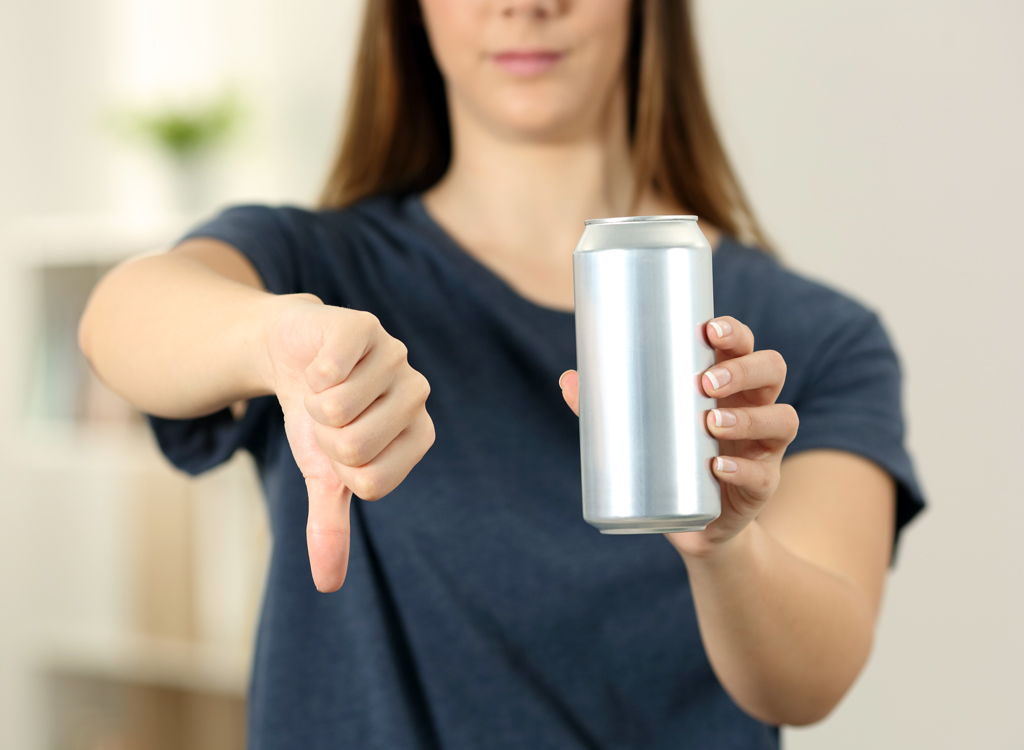
While you don't have to give up soda cold turkey, you might want to consider cutting back on the beverage. "You should never deprive yourself of the things you enjoy," Hirsch adds, "just understand the concept of moderation." For you, this might mean you start by cutting back on soda consumption and exploring healthier options like flavored seltzers or fruit water. If you're looking for reasons to cut back on these sugar-sweetened, carbonated beverages, we lay out the health benefits you may reap in What Happens to Your Body When You Stop Drinking Soda.



